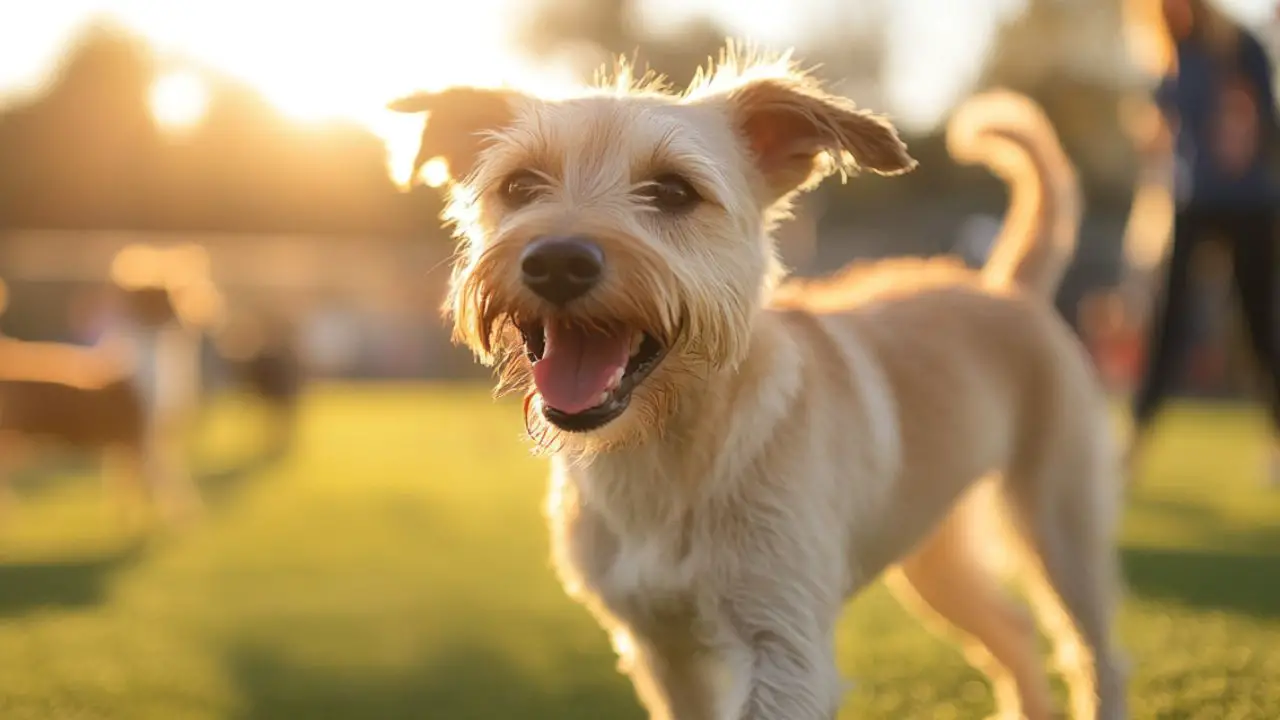Socialization is a crucial aspect of a dog’s development that often gets overlooked.
It plays a vital role in shaping a dog’s behavior, confidence, and overall well-being.
Understanding the importance of socialization can help dog owners raise well-adjusted and happy companions.
Let’s explore why socialization matters and how to effectively socialize your furry friend.
What is Dog Socialization?
Socialization is the process of exposing a dog to a variety of experiences, environments, people, and other animals.
It helps dogs learn how to interact appropriately with the world around them.
Proper socialization teaches dogs to be comfortable and confident in different situations.
This process is most critical during a puppy’s early developmental stages but remains important throughout a dog’s life.
The Critical Period for Puppy Socialization
The most crucial time for socialization is during a puppy’s first three months of life.
This period is when puppies are most receptive to new experiences and least likely to react fearfully.
Positive experiences during this time can have a lasting impact on a puppy’s behavior and temperament.
However, it’s important to balance socialization with safety, as puppies are not fully vaccinated during this period.
Benefits of Proper Socialization
Well-socialized dogs tend to be more confident and less likely to develop behavior problems.
They are typically more comfortable in various situations and less prone to fear or aggression.
Socialized dogs often have better relationships with other dogs and are more adaptable to changes in their environment.
These dogs are generally easier to train and more enjoyable companions for their owners.
Consequences of Poor Socialization
Dogs that lack proper socialization may develop fear, anxiety, or aggression towards unfamiliar people, animals, or situations.
They might struggle with routine activities like visits to the vet or groomer.
Poorly socialized dogs are more likely to exhibit problem behaviors such as excessive barking or destructive chewing.
These issues can strain the bond between the dog and its owner and potentially lead to rehoming or abandonment.
How to Socialize Your Dog
Start early if you have a puppy, but remember that older dogs can also benefit from socialization.
Expose your dog to a variety of people, including those of different ages, genders, and appearances.
Introduce your dog to other animals, both dogs and other species, in controlled, positive environments.
Take your dog to different places like parks, urban areas, and various indoor environments.
Creating Positive Experiences
Always make socialization experiences positive and rewarding for your dog.
Use treats, praise, and play to create good associations with new experiences.
Never force your dog into a situation that clearly causes fear or stress.
If your dog shows signs of anxiety, take a step back and approach the situation more gradually.
Continued Socialization Throughout Life
While early socialization is crucial, the process should continue throughout your dog’s life.
Regular exposure to new experiences helps maintain your dog’s social skills and confidence.
As your dog ages, be mindful of any developing fears or anxieties and address them promptly.
Continued socialization can help prevent behavior regression and keep your dog adaptable to change.
The Role of Training in Socialization
Basic obedience training complements socialization efforts by giving your dog structure and confidence.
Training classes provide opportunities for controlled socialization with other dogs and people.
A well-trained dog is easier to manage in social situations, making positive experiences more likely.
Consider enrolling in puppy kindergarten or basic obedience classes to support your socialization efforts.
Socialization for Adopted Adult Dogs
Adult dogs who missed early socialization can still benefit from careful exposure to new experiences.
Take things slowly and be patient, as adult dogs may need more time to adjust to new situations.
Consult with a professional dog trainer or behaviorist for guidance on socializing adult dogs with specific issues.
Remember that it’s never too late to improve a dog’s social skills and confidence.
Conclusion
Socialization is a fundamental aspect of raising a well-adjusted and happy dog.
It helps prevent behavior problems and enhances the bond between dogs and their owners.
By providing positive experiences and gradual exposure to various situations, you can help your dog become a confident and sociable companion.
Remember that socialization is an ongoing process that continues throughout your dog’s life.
With patience, consistency, and a positive approach, you can help your furry friend navigate the world with ease and joy.
Share this article on Facebook to spread awareness about the importance of dog socialization and help fellow pet owners raise happy, well-adjusted canine companions!
SHARE now with your friends!
- Hero Farm Dog Survives Epic Battle with Coyote Pack - December 9, 2024
- The 10-Minute Bedtime Routine That Changed My Dog’s Sleep Forever - November 29, 2024
- Creating a Safe Space for Nervous Pets: Your Guide to Pet-Friendly Havens - November 25, 2024

